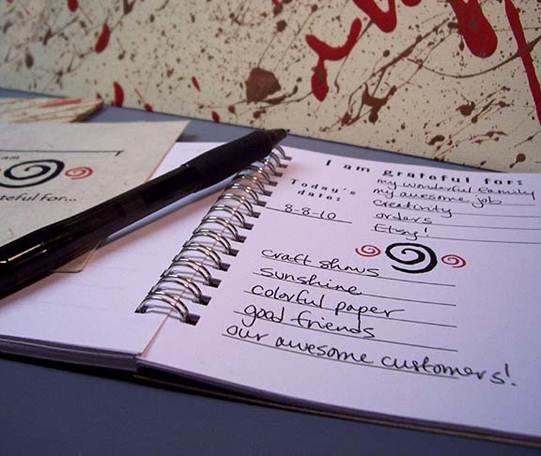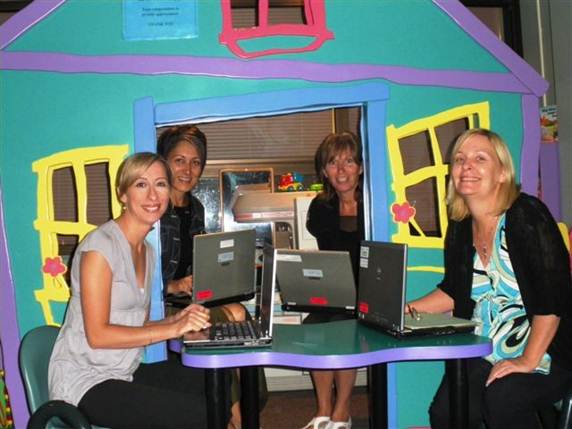5. Frame setback as a chance to grow
When trouble hits, Hyde says, parents need
to let their children know that whatever painful emotion they’re feeling is
legitimate – but also reassure them that they’ll bounce back. ‘When my husband
died’, she says, ‘sometimes my kids and I would just cry together’. But she
also tried to frame their situation as positively as she could with the
thought, ‘“It’s going to sink us; things are going to get better, and we’ll be
stronger and wiser for it”’.
It is in dealing with difficulties, Hyde
says, that children begin to recognize their own emotional strength. ‘They
build coping skills and when they hit another bad situation, they’re better
able to handle it’.

Frame
setback as a chance to grow
Weissbourd agrees. ‘I don’t want to
romanticize suffering in childhood, but research suggests that the people who
end up being most successful in life are those who experienced some adversity
in childhood and learnt how to cope with it’. Weussbourd thinks it is important
for parents to commend their kids when they are stepping up to challenges and
reaching out ot help others, so they can take price in themselves. ‘When kids
are handling adversity well or do an uncommon act of kindness, or perform an
impressive of kindness, or perform an impressive act of community service, we
need to say, “You really impressive and good thing to do”. This helps kids
convert feelings of passivity and helplessness into those of activity and
mastery’.
Decades of research have shown that people
high in ‘self-efficacy’ – those who believe they can handle challenges and who
are inspired by their own past successes when their confidence wavers – tend to
remain emotionally stable (that is, resilient) through adversity. And when we can
see the silver lining, hard times offer parents a chance to help kids develop
grip, bounce and sense of competency that will see them through the years
ahead.
Resilience Rules
Four simple moves that’ll nurture a
bounce-back kid, from school psychologist John Scardina:
o
Give your child the reins
When your child is
talking about a tough situation, let her finish, then say, ‘This must be really
tough’. ‘Pause then ask, ‘What are you going to do about it?’ The key here is
to show you are tuned in by acknowledging the pain she is feeling, but
ultimately turn it back on your child to handle it.

Give your child the reins
o
Cast a vote of confidence
As your child
formulates a plan, give her a boost by saying, ‘I see someone who is caring’,
or ‘…strong’, or ‘…good at x, y, z’. Reflecting her assets back to the child
helps her realize she is capable of handling the situation, tough as it may be
at first. Say, ‘I know you can handle this, but if you need help, let me know’.

Cast a vote of confidence
o
Create a gratitude list
Help a child going
through a tough phase to count her blessing and cultivate optimism: have your
family write up and post a gratitude list of five to 10 things to be grateful
for. The message: these good things in life are here to stay, regardless of
challenging situations. When your child is feeling low, remind her to look over
her list.

Create a gratitude list
o
Call in the professionals
If your child has
hit a rough patch and experiences sleeps or appetite disruptions or lethargy,
or you notice a change in relationships with family and friends, it may be time
to have a therapist step in. Ask your pediatrician, family practitioner,
religious leader or school guidance counselor for references.

Call in the professionals